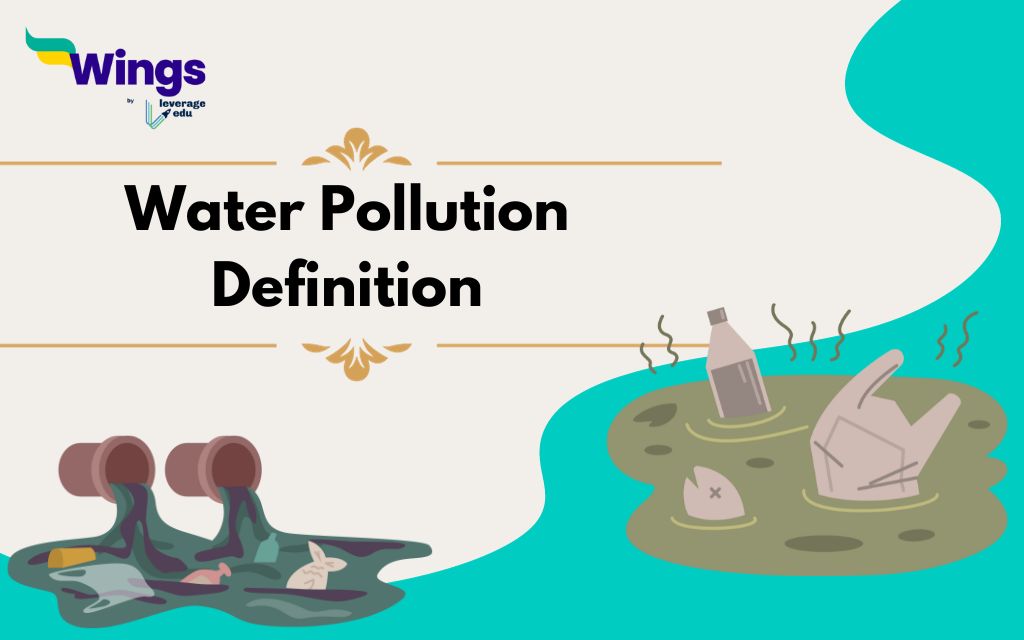The necessity of life, water, has been taken for granted by humans. A city in India, Chennai ran out of water in the summer of 2019 because climate change caused the groundwater to evaporate. This is not just the case in Chennai, but Cape Town in South Africa and Sao Paolo in Brazil as well. The latest United Nations World Water Development Report of 2023 warns that there is an imminent risk of a global water crisis. Yet the initiatives taken by those who care seem to fall short when it comes to the massive industries operating at present. In this blog, we will look at the definition of water pollution, its causes, effects, and prevention.
Water Pollution Definition
Water pollution is the introduction of harmful substances, such as pollutants or contaminants into any water body like ponds, rivers, lakes, and oceans. This contamination adversely affects the quality of water thus making it unsafe for human consumption, aquatic life, and overall ecosystem health. We need to address and prevent water pollution because it is essential for environmental sustainability.
Also Read: World Environment Day
What are the Causes of Water Pollution?
There are innumerable causes of water pollution such as:
- Pollutants from Industrial Discharges
- Chemicals in Fertilizers cause Agricultural Runoff
- Sewage and Wastewater
- Plastic Pollution
- Hazardous Waste Disposal
What are the Effects of Water Pollution?
The effects of water pollution are as follows:
- Health Risks
- Ecosystem Disruption
- Drinking Water Contamination
- Loss of Biodiversity
- Harm to Aquatic Life
- Economic Impact
- Altered Water Chemistry
- Habitat Destruction
Also Read: Environmental Conservation
How to Prevent Water Pollution?
- Waste Minimization and Recycling
- Proper Industrial Practices
- Agricultural Best Management Practices
- Efficient Sewage Treatment
- Oil Spill Response Planning
- Plastic Waste Management
- Regulatory Measures and Compliance
- Riparian Buffer Zones
- Public Awareness and Education
- Research and Innovation for Sustainable Solutions
FAQs
Water pollution is the introduction of harmful substances, such as pollutants or contaminants into any water body like ponds, rivers, lakes, and oceans. This contamination adversely affects the quality of water thus making it unsafe for human consumption, aquatic life, and overall ecosystem health.
Water pollution is caused due to many reasons such as Pollutants from Industrial Discharges, Chemicals in Fertilizers that cause Agricultural Runoff, Sewage and Wastewater, Plastic Pollution, Hazardous Waste Disposal, and the latest water pollutants is the fast fashion industry.
The main types of water pollution are surface water pollution, groundwater pollution, and chemical water pollution among numerous others.
Hope you have fun learning this informative content on water pollution. For more information and such informative articles, check the trending events page of Leverage Edu.


 One app for all your study abroad needs
One app for all your study abroad needs












 60,000+ students trusted us with their dreams. Take the first step today!
60,000+ students trusted us with their dreams. Take the first step today!